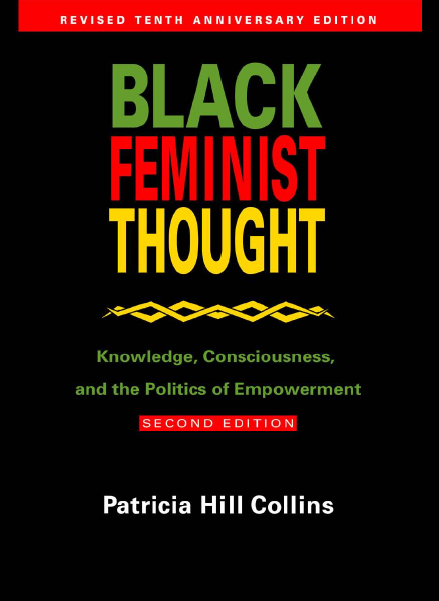

This expansive notion of being critical informs knowledge creation in the crossroads spaces of a decolonizing and desegregating world.

This painstaking work laid a foundation for the synthetic narrative of intersectionality’s ideas, scope, and practices that Sirma Bilge and I present in Intersectionality (Collins and Bilge, 2016, 2nd edn 2020). We also witnessed the increasing globalization of intersectionality as a field of critical inquiry and praxis.

We saw the field grow from its initial emphasis on race, class, and gender to encompass sexuality, nation, ethnicity, ability, age, religion, and similar categories of analysis. For over two decades, we selected articles that examined how race, class, and gender increasingly informed one another, thereby collecting empirical evidence for intersectionality (Andersen and Collins, 2020). In Race, Class, and Gender, Margaret Andersen and I drew upon these narratives to map the emergence of intersectionality as a field of inquiry. These and other similarly subordinated groups also find themselves facing social problems that can neither be understood, nor solved in isolation. The complexities of the multiple resistant knowledge projects that inform intersectionality lie in the parallel and intertwining narratives of Indigenous peoples, refugee and immigrant groups, women, LGBTQ teenagers, religious and ethnic minorities, and poor people. My focus on Black women’s knowledge is one case among many.


 0 kommentar(er)
0 kommentar(er)
